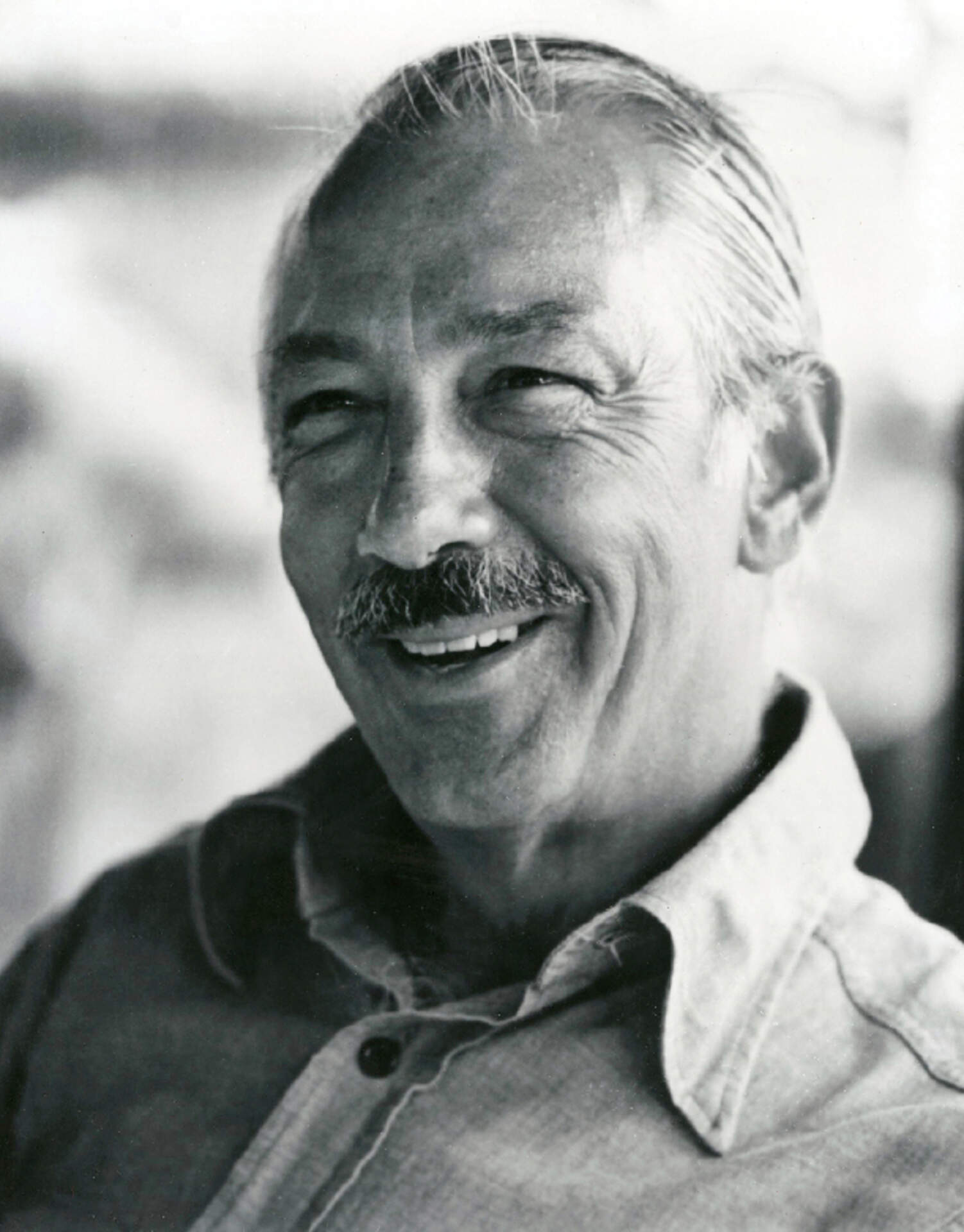Boris Kroll
(1913-1991)
Boris Kroll was a pioneering American textile designer whose visionary approach to color, weave, and industrial production reshaped the landscape of 20th-century interior design. Born in Buffalo, New York, in 1913, Kroll began his textile journey at the age of sixteen when he left home to work in his brother’s New York City furniture factory. It was there that his fascination with fabric took root, setting him on a lifelong path of creative and technical innovation.
In 1936, Kroll launched Kroll Handwovens, later renamed Boris Kroll Fabrics, and quickly became known for pushing the boundaries of weaving and textile production. Starting with handlooms and yarn-dyeing in a bathtub, he adopted power looms by 1939 and grew his company into one of the most advanced textile mills in the United States. By 1949, his factory in Paterson, New Jersey spanned 250,000 square feet, encompassing the full process from fiber to finished fabric.
Kroll’s textiles were not only functional but also expressive. His large-scale tapestry designs in the 1970s brought visual energy to corporate interiors and public spaces, including projects like Continental Airlines’ 747 service to Honolulu, where his designs adorned everything from first-class cabins in hot pink to turquoise-blue coach seating.
International recognition followed. His work was included in the 1956 exhibition Textiles USA at the Museum of Modern Art and later shown in solo exhibitions at the Detroit Institute of Arts, Seattle Art Museum, FIT, and Guild Hall in East Hampton. His textiles and tapestries are held in the permanent collections of the Victoria & Albert Museum in London and the Detroit Institute of Arts.
In 1971, Kroll received an honorary doctorate from the Philadelphia College of Textiles and Science, recognizing a career that bridged artistic innovation with industrial achievement. His influence extended globally, including an invitation from the Indian government to advise on the modernization of handloom textile production.
When Boris Kroll Fabrics ceased operations in March 1991, its archive was acquired by Scalamandré, a prestigious American fabric house. Kroll passed away just three months later. His legacy was rekindled with the 2013 exhibition Mid-Century Maestro: The Textiles of Boris Kroll at the New York School of Interior Design, celebrating his lasting impact on design history.
A relentless innovator with a unique sensibility for color and texture, Boris Kroll transformed the language of textiles in architecture and design, securing his place as a true maestro of mid-century modernism.
